May 05, 2021, West Point - Two years ago, I never imagined myself attending the world's preeminent leadership institute, the United States Military Academy (USMA) at West Point. I have massive gratitude to the Ministry of Defence, specifically the Scholarship Section, Directorate of Administration and Manpower, Performance Optimisation Centre, and the United States Embassy, for helping me to be where I am today. Alhamdulillah, I am now in my second semester of fulfilling the academic and military demand as a cadet at USMA. There are many questions about what it is like to be here, so I will talk about my experience as an international Muslim cadet and share a few of my expectations and the reality of West Point.
Like all who enter the military, I started with basic training or better known in Brunei as "holding." Basic training or what West Point calls "BEAST" is where civilians' transition to the military and prepare cadets mentally and physically to survive the four years of academic and military demands at West Point.
On July 13th, 2020, I got my first taste of US Army basic training. The first day, known as Reception day (R-Day), was one of the most stressful days of my life. After stepping out of the white bus, everyone, including myself were yelled at continuously by the cadre. Before coming here, I had an idea of how R-day would be from my previous research. I thought I would be mentally and physically prepared; however, nobody was prepared for the amount of exercises and yelling that we were given on the first day. We were issued our military gear during the first week: Army Combat Uniform, M4 rifles, M14 rifles, military boots, a knowledge book, and other necessary items needed for our military training. During BEAST, cadets were not allowed to talk to each other; cadets had to greet every officer and cadre with unusual greetings depending on their ranks and we were constantly smoked for every slight mistake. On top of continuous PT during the day, we also had to memorize and pass off daily "military knowledge." Some knowledge was about knowing the American Soldier's Creed, weapons systems, the 9-Line MEDEVAC, and other military knowledge such as the squad movement and maneuver. The purpose of this "knowledge" is to prepare cadets for the upcoming field training in Camp Buckner within the next few weeks of our Basic Training.
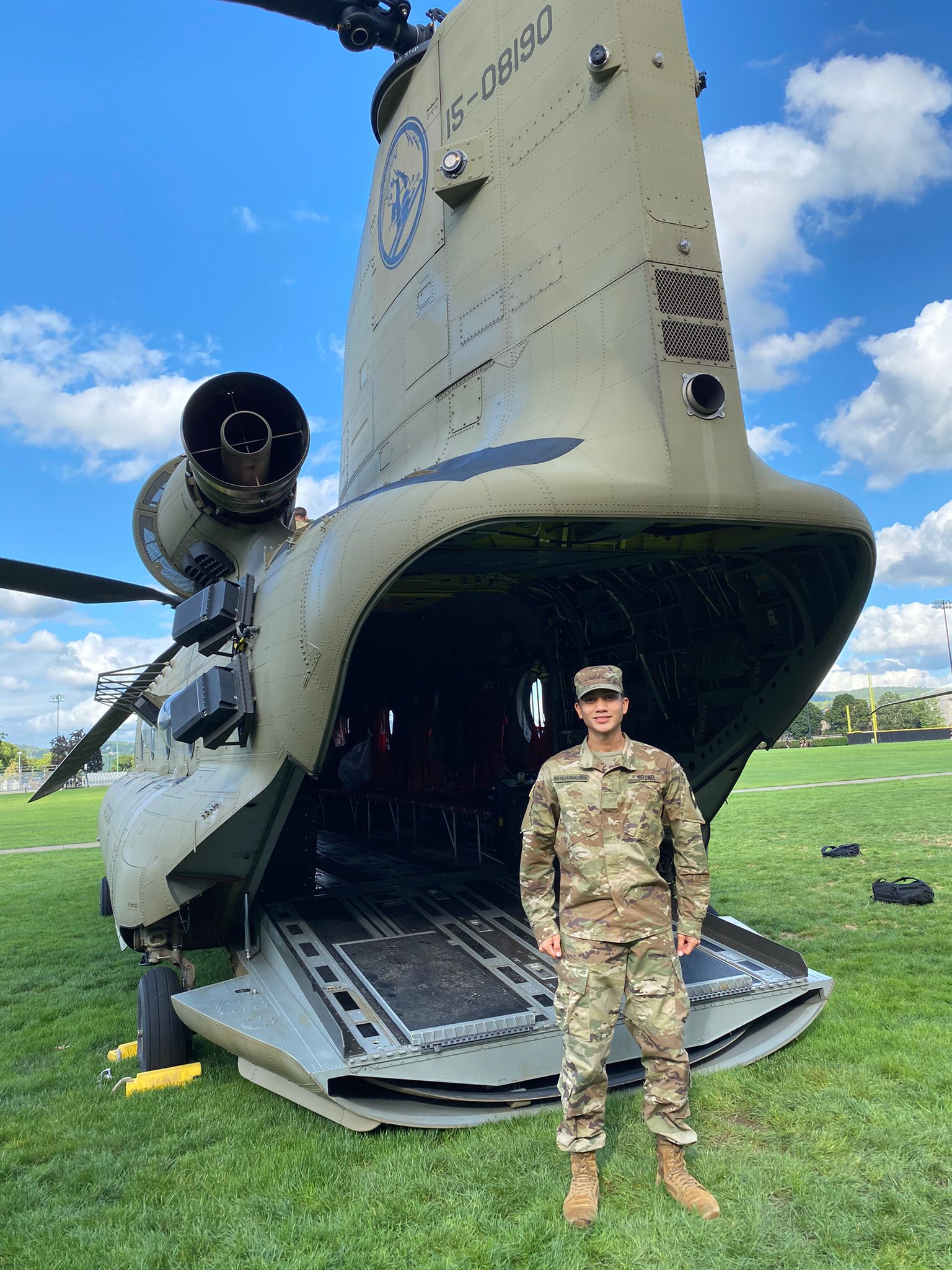
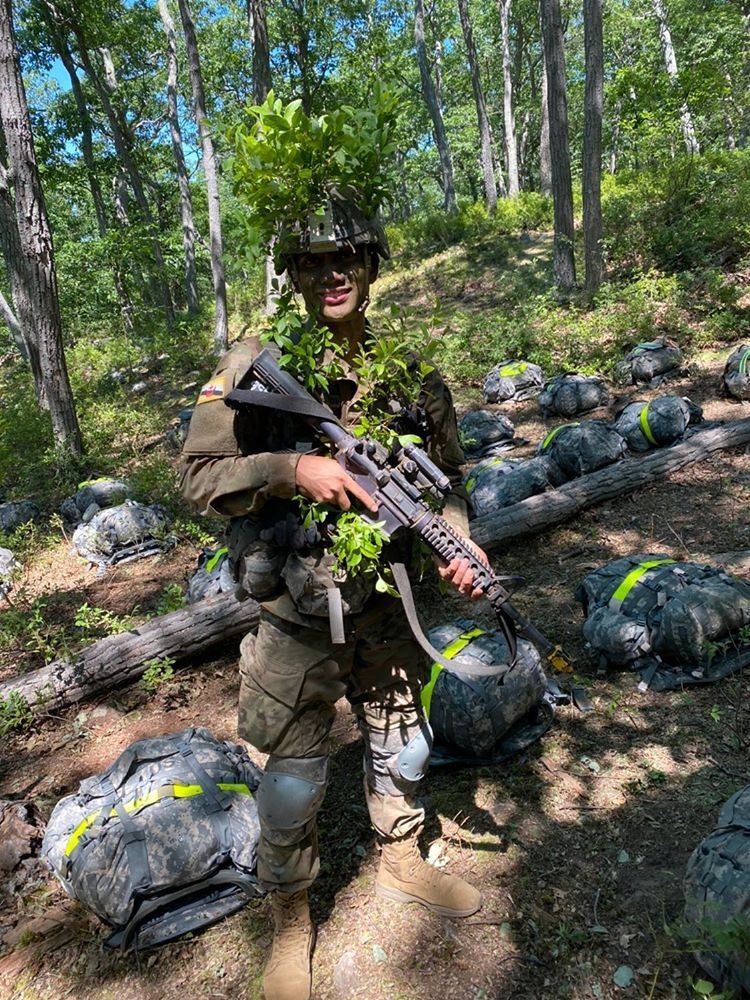
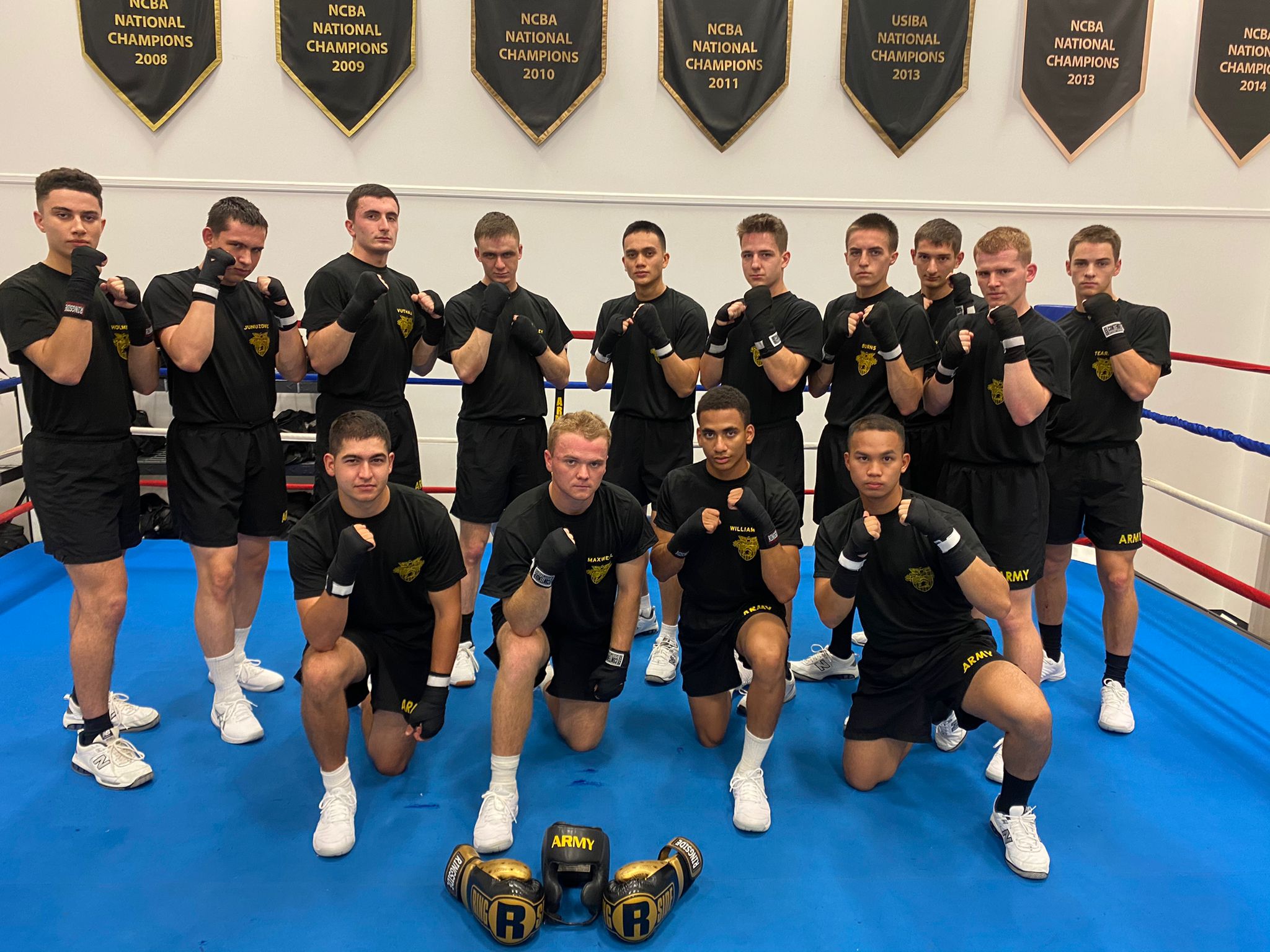
Typically, in the previous years, cadets would stay four weeks at the Academy and two weeks in the field at Camp Buckner. However, due to COVID-19, ours were shortened to 3 weeks in garrison and one week in the field. Field training was harsher than garrison training, it involved more physical rigor and sleep deprivation. However, field training was also an opportunity for cadets to explore exciting new skills such as rappelling, obstacle course, firing different weapons, and survival. Other than daily rucking at the unforgivingly hilly terrain of Buckner, we also had to attend hour-long classes that emphasized the theory behind reacting to enemy contact, preparing an ambush, squad formations movements and maneuvers in various conditions. Every type followed a practical portion, which usually lasted the whole day to be rehearsed to perfection. During the applicable part, everyone in the squad level group was given an equal opportunity to lead others with changing roles and weapons. By the end of each day, we were tested in various intense environments, mimicking the close-to-real combat environment to test our ability to lead others and work under pressure. Most of the Army Task Force tasked to train us, have seen combat and experienced deployment before. Hence, they were very strict about the seriousness of our training. During another part of the field-training period, we were also taught how to treat wounded soldiers and perfect our emergency medical evacuation calls. We did some rappelling 100 feet from the ground off a cliff during the last day of field training and finished off our last day in the field by a 12-mile ruck from Camp Buckner to West Point. Although the treatment in the field was miserable, I truly enjoyed the field experience because of the endless support from my comrades. The pure motivation and grit shared among Americans has made everyone including myself feel apart of something bigger than myself, enabling me to survive the training. In addition to that, words cannot describe the feeling of meeting and interacting with ex-combatants who have lost their brothers in battles that trained us.
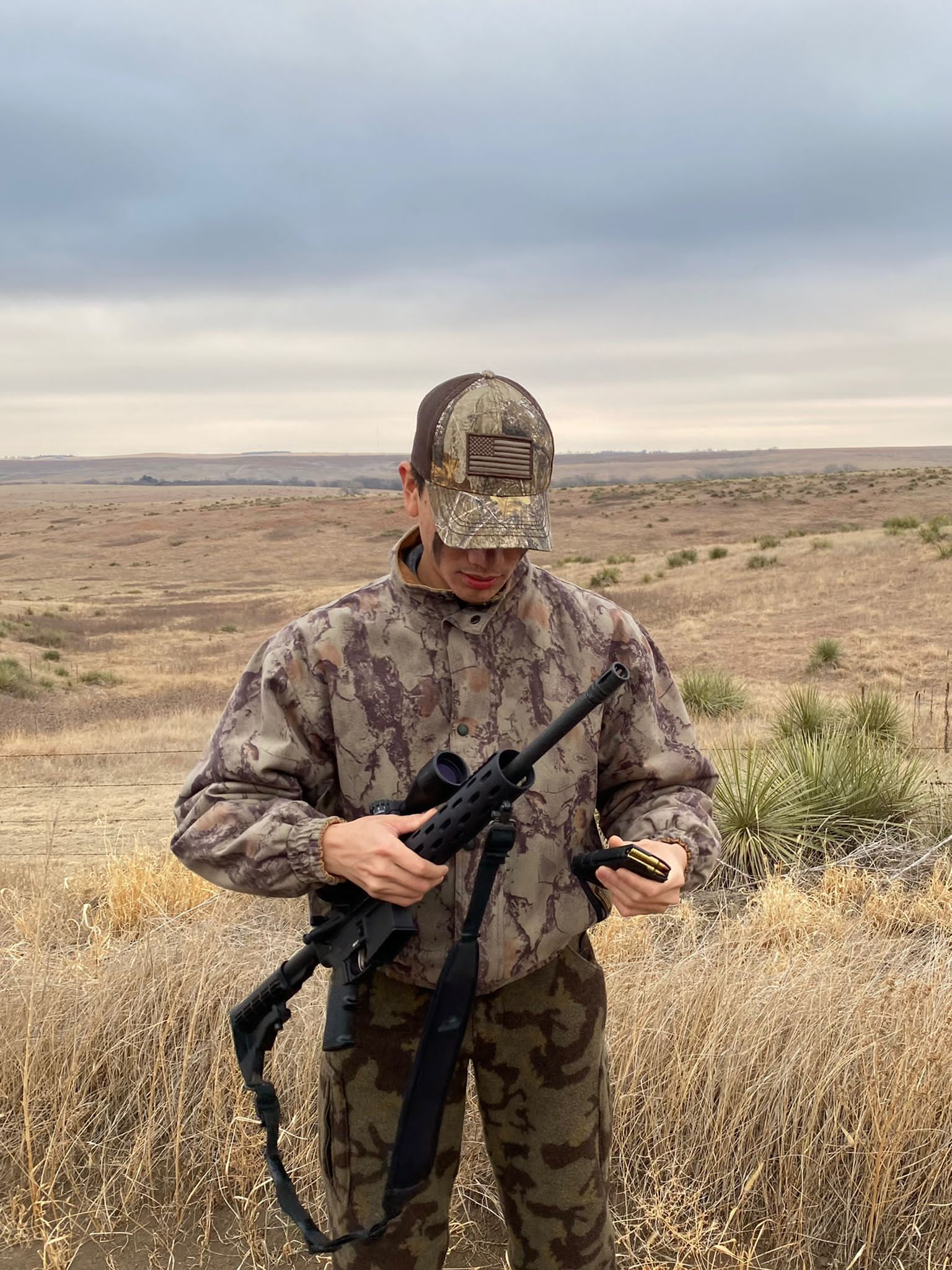
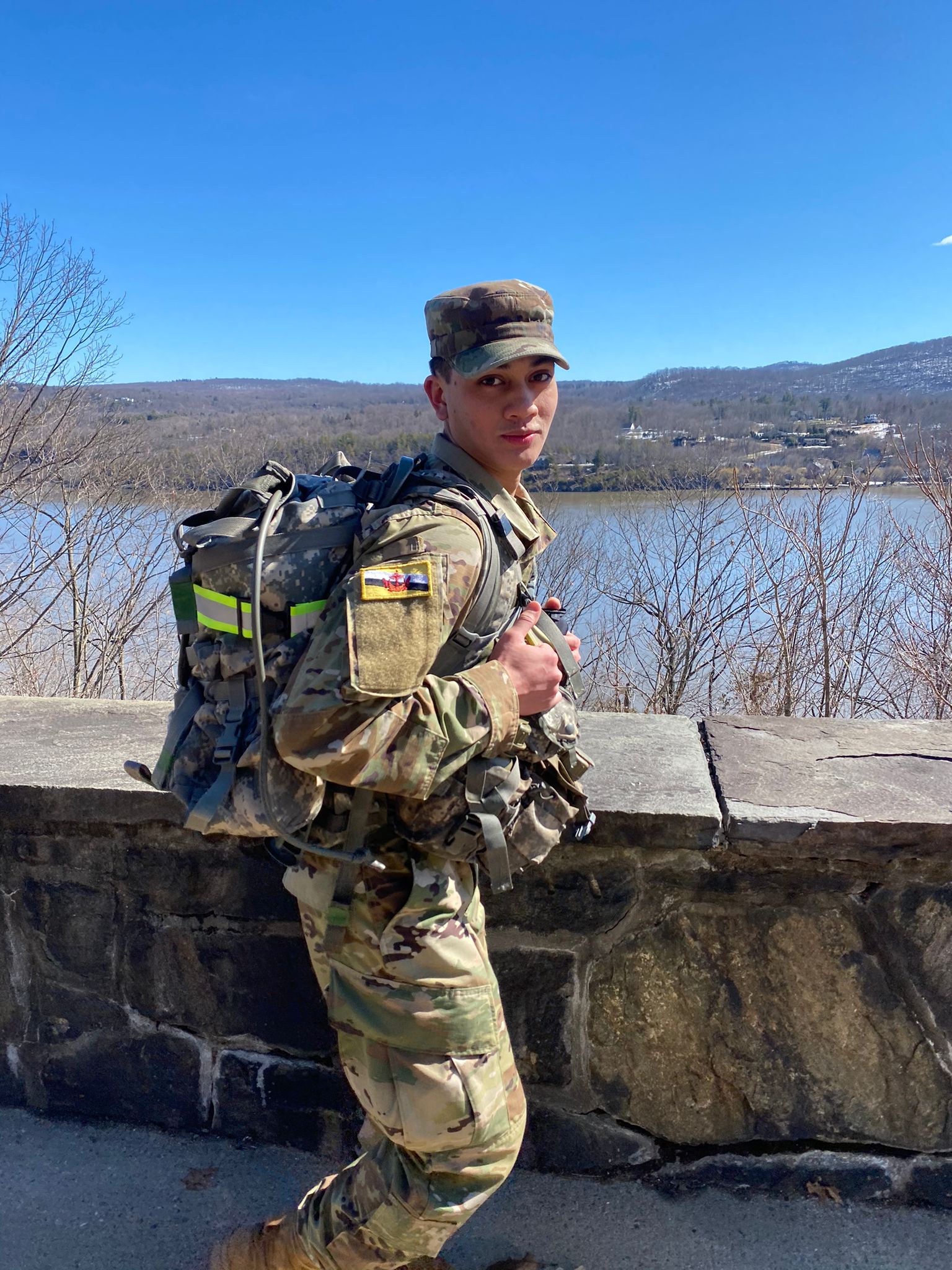
After basic training, cadets were accepted to the corps. We went from being called New Cadets during basic training, to being called plebes. A plebe is another word referring to a first-year student at West Point., coming from ancient Latin meaning a commoner. A plebe has the lowest rank among cadets in the corps and has the most limited privileges at the Academy. Some of the restrictions on plebes are no talking outside of our room, and Plebes must square every corner in the barracks, cupping hands while walking outside, and not being able to wear civilian clothes permitted except when we are in our room. On top of the limited freedom, plebe cadets are obligated to do company cleaning every day, which includes cleaning the bathroom, picking up the company's trash, and upperclassman's laundry. As a plebe, we are primarily constrained by time, because of the military duties and school responsibilities, which make plebe year the most miserable year at West Point.
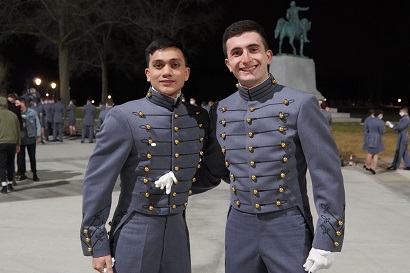
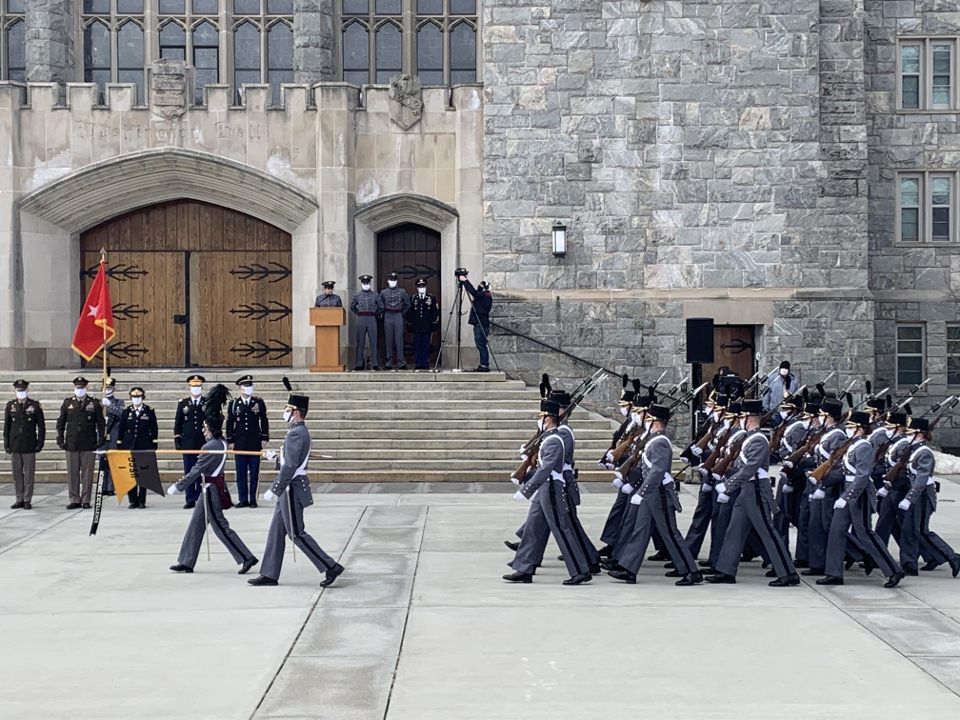
West Point pretty much operates like a traditional college where students attend daily classes from 0755 until 1625. However, what makes West Point different from a regular college is the strict discipline and the heavy course load. Those who do not show up to class on time will result in a punishment called "walking hours." Time is precious in the Academy, and West Point constrains cadet's free time. This beings with waking up early for daily formations, drills after class, daily room inspections, uniform inspections, Functional Fitness among other things. There is no other worse thing than having to walk hours because it takes up from a cadet trying to do homework or enjoy what free time they are allotted or have managed to schedule for themselves. Moreover, the number of electives courses to graduate is much more than other colleges, which also factored back to time constraints. The broad arrays of courses required, such as Psychology, Chemistry, Physics, History, Cyber Security, and American Politics, are what West Point argues best prepares us to become successful army officers. I honestly did not expect to take History, Psychology, American politics, and other humanitarian subjects before coming here because I have not taken any humanitarian subjects during my O' levels and A'level years. In a way, West Point forces cadets to embrace difficulty and become more well-rounded individual rather than focusing their learning on the things that cadets are more comfortable with.
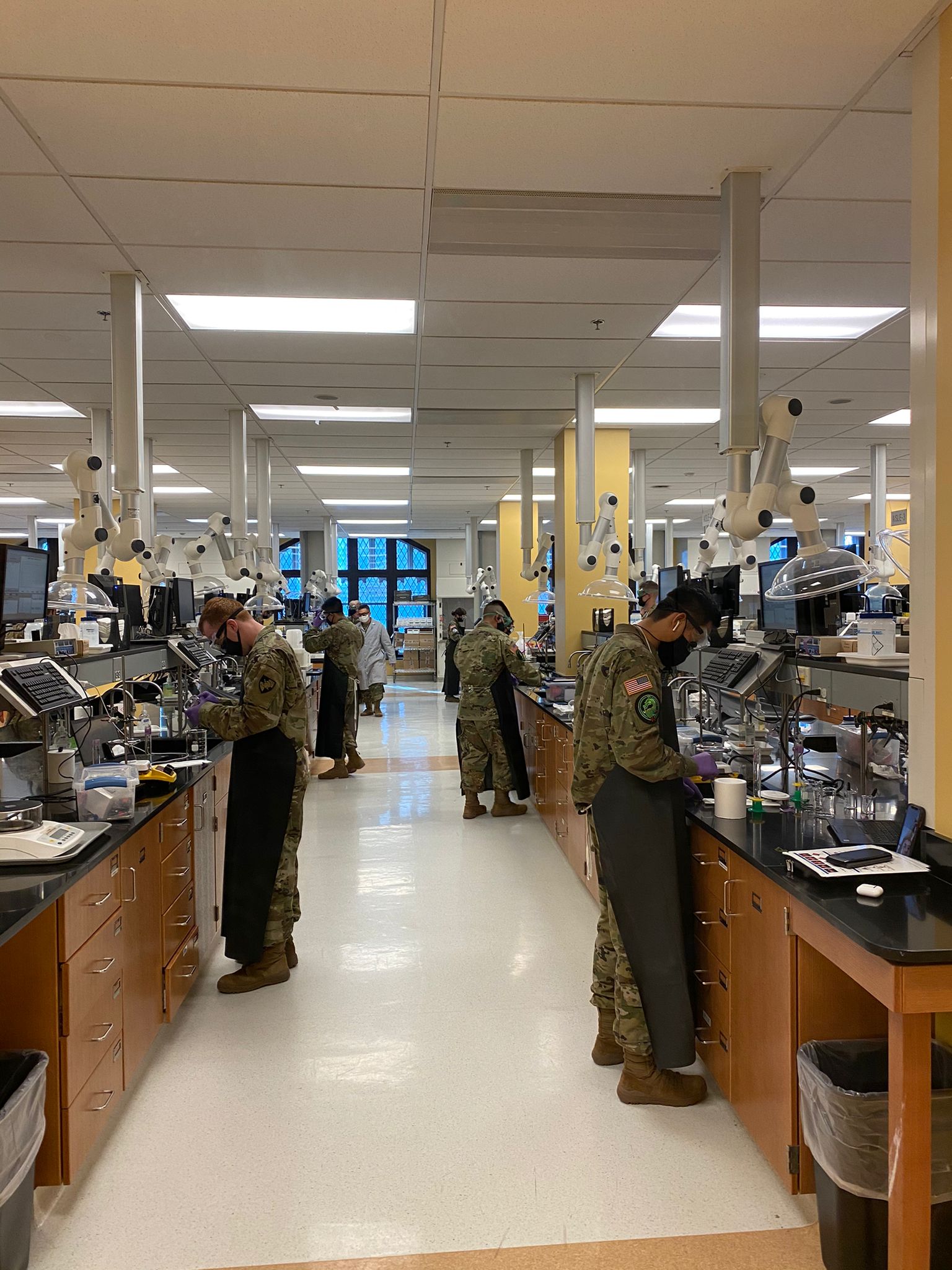
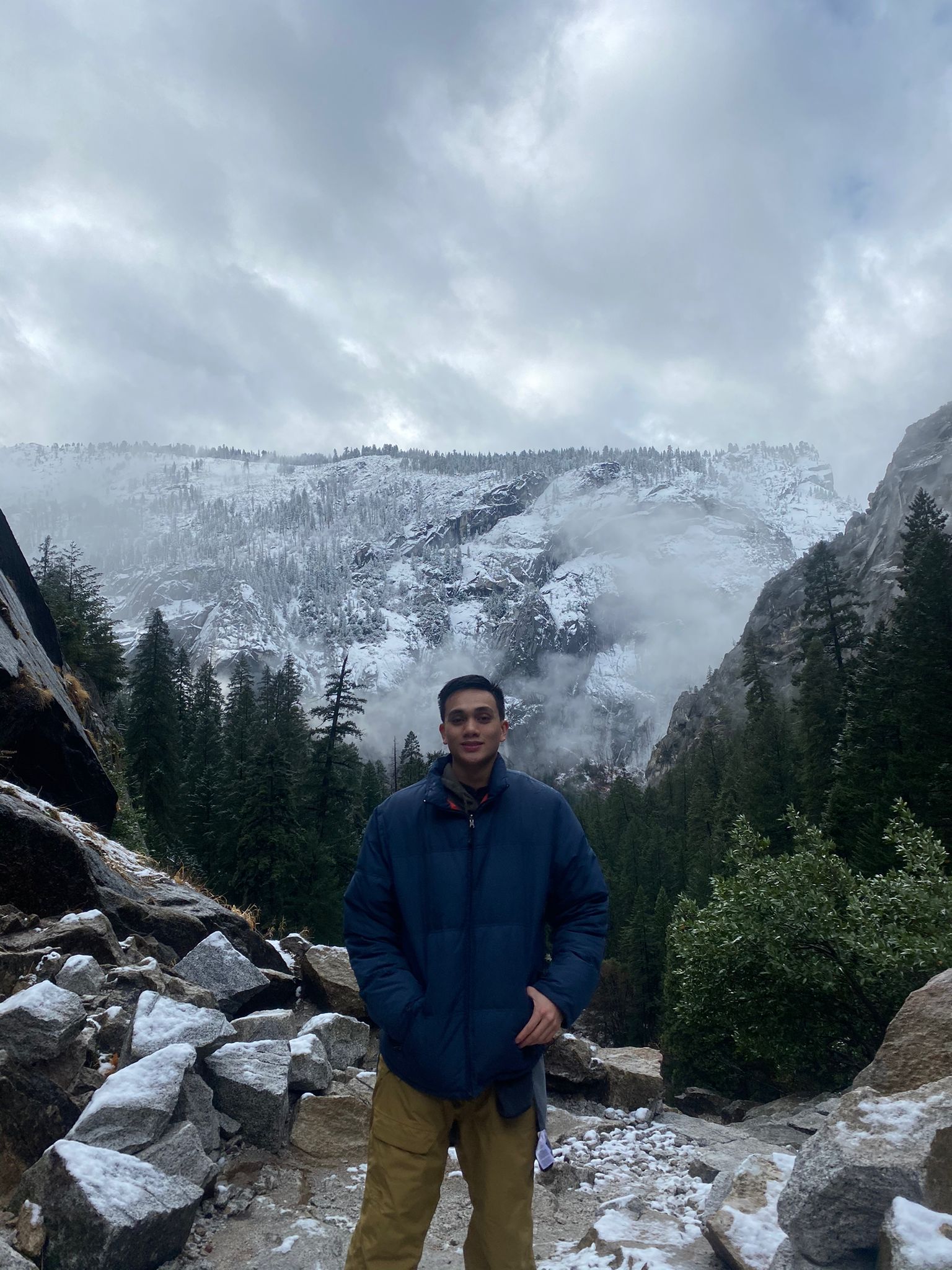
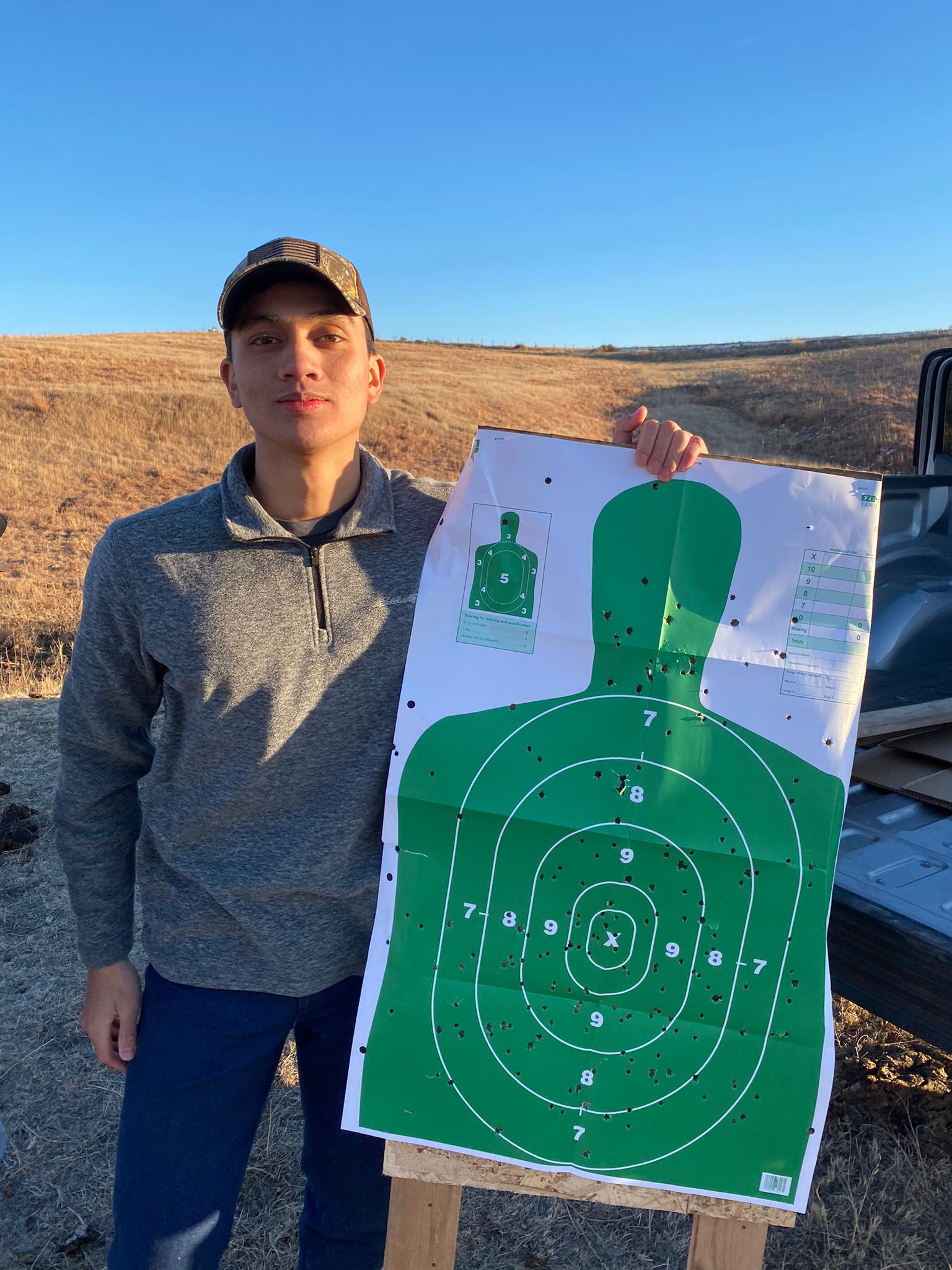
Most instructors here are military veterans, there are Captains, Majors, Lieutenant Colonel and Full Bird Colonel's instructors that have seen combat. Some of them are laid back, and some are extremely tense when it comes to teaching in a classroom environment. For my experience here, I have seen cadets being sent back to their rooms because their hair is not in regulation and others who do not shine their shoes are sent back to their barracks to shine them before class starts. As a result, many show up five to ten minutes after the class starts, which results in them being counted late and consequently getting the walk hours punishment.
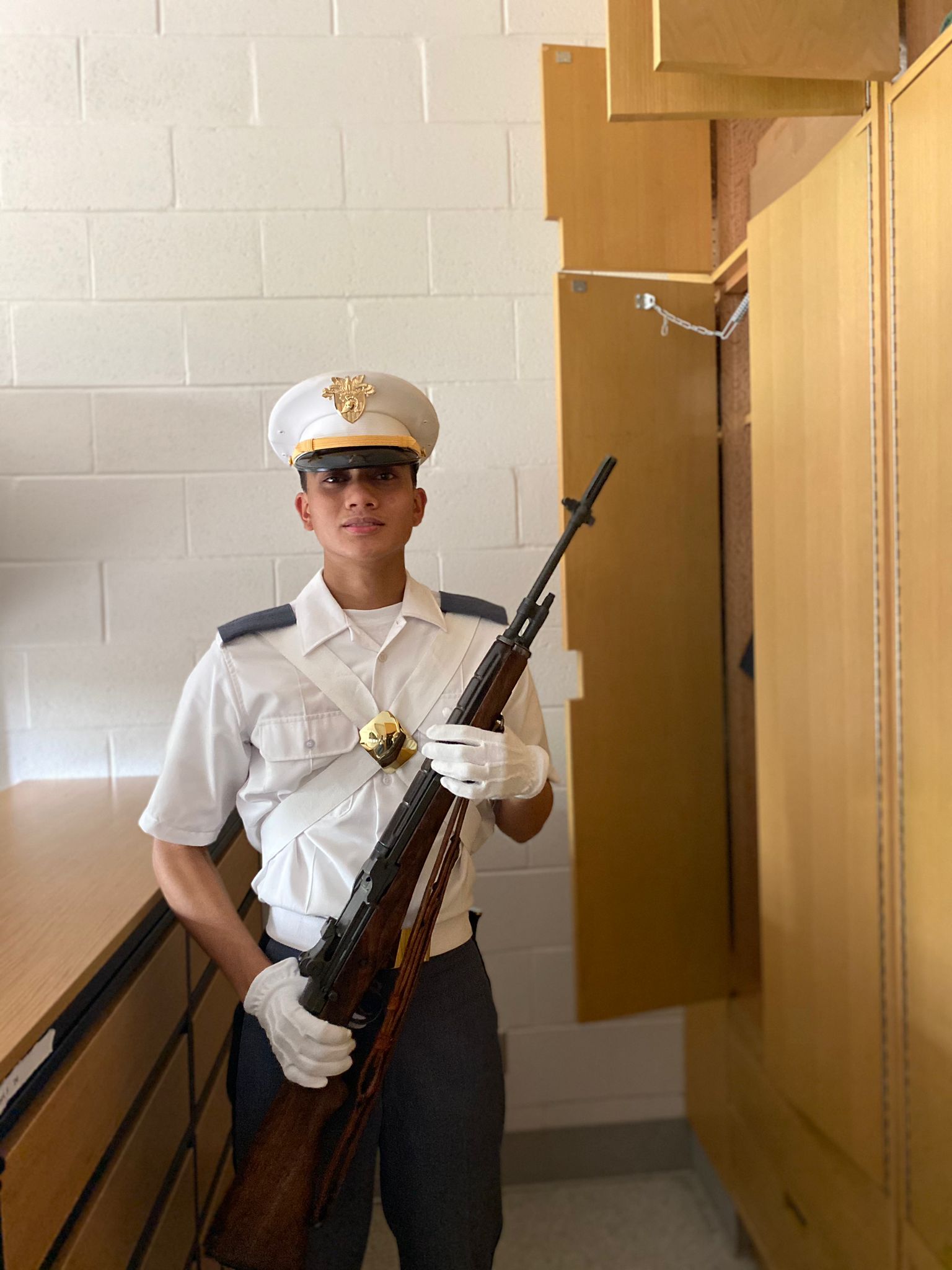
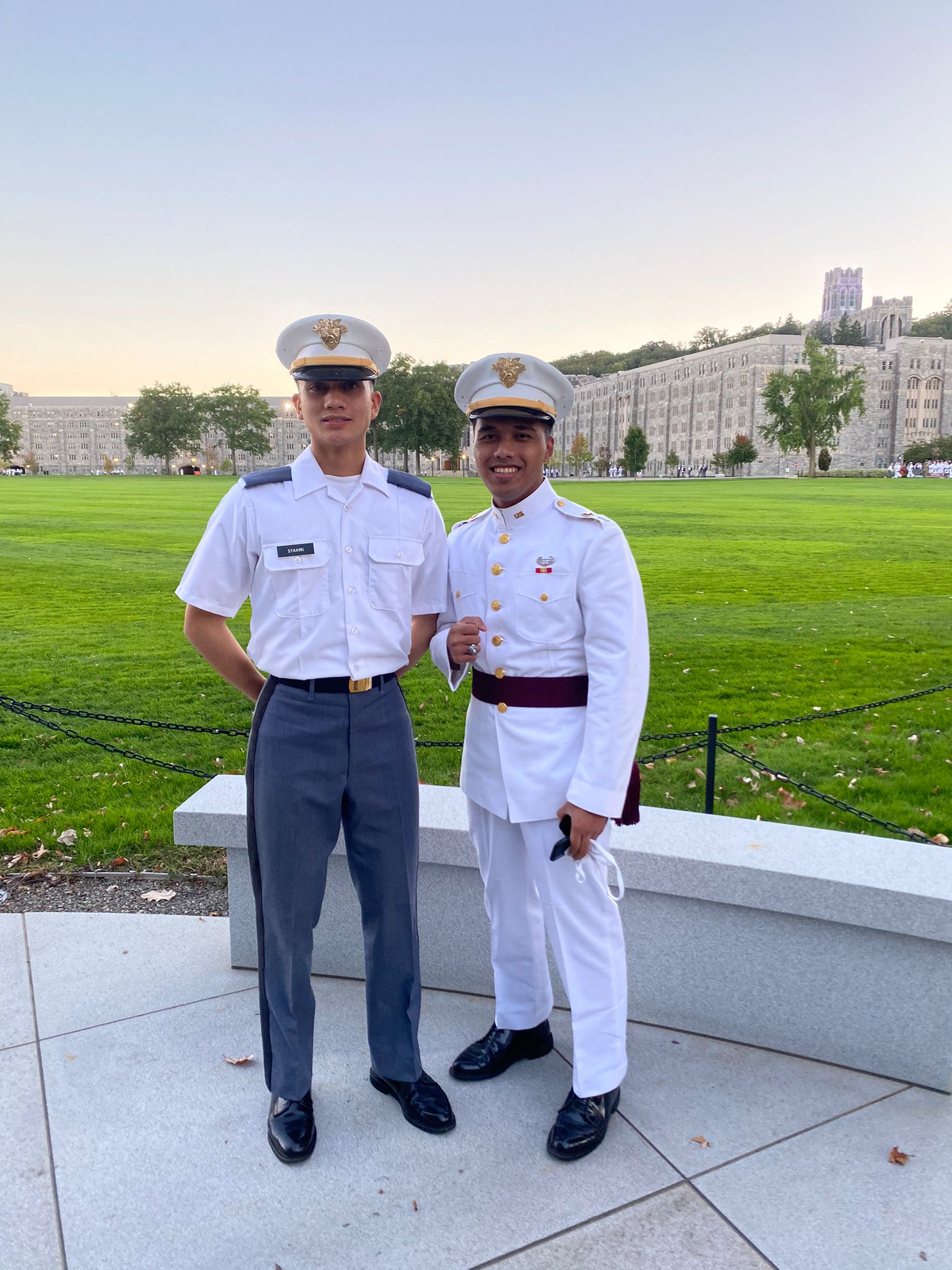
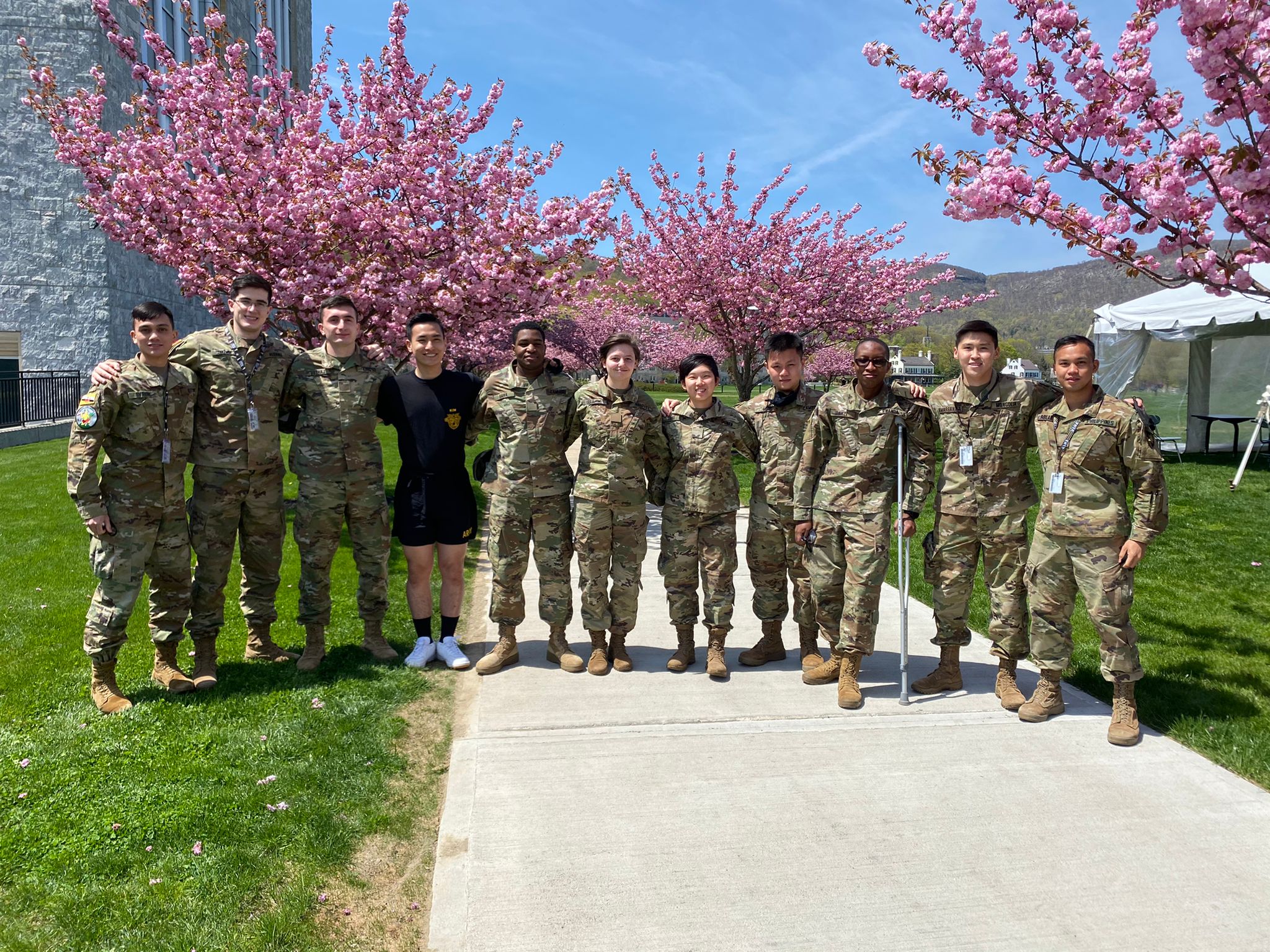
The day after the Army-Navy game at Michie Stadium, cadets were discharged from the corps to go home for the whole month of Winter Holiday. Every Cadet, was given the opportunity to leave West Point for leave from the Academy after five grueling months. Since I was not going home because of COVID-19, I took this opportunity to stay with some of my company friends. Although many offered me a place to stay, I only stayed with a few of them because I tried to minimize going to the airports and preventing COVID-19 transmission. During the winter holiday, I visited Sacramento, California, with CDT Mlikotin. I had a very good time there while celebrating my first Christmas ever with Mlikotin' s family. I was given so many presents during Christmas.
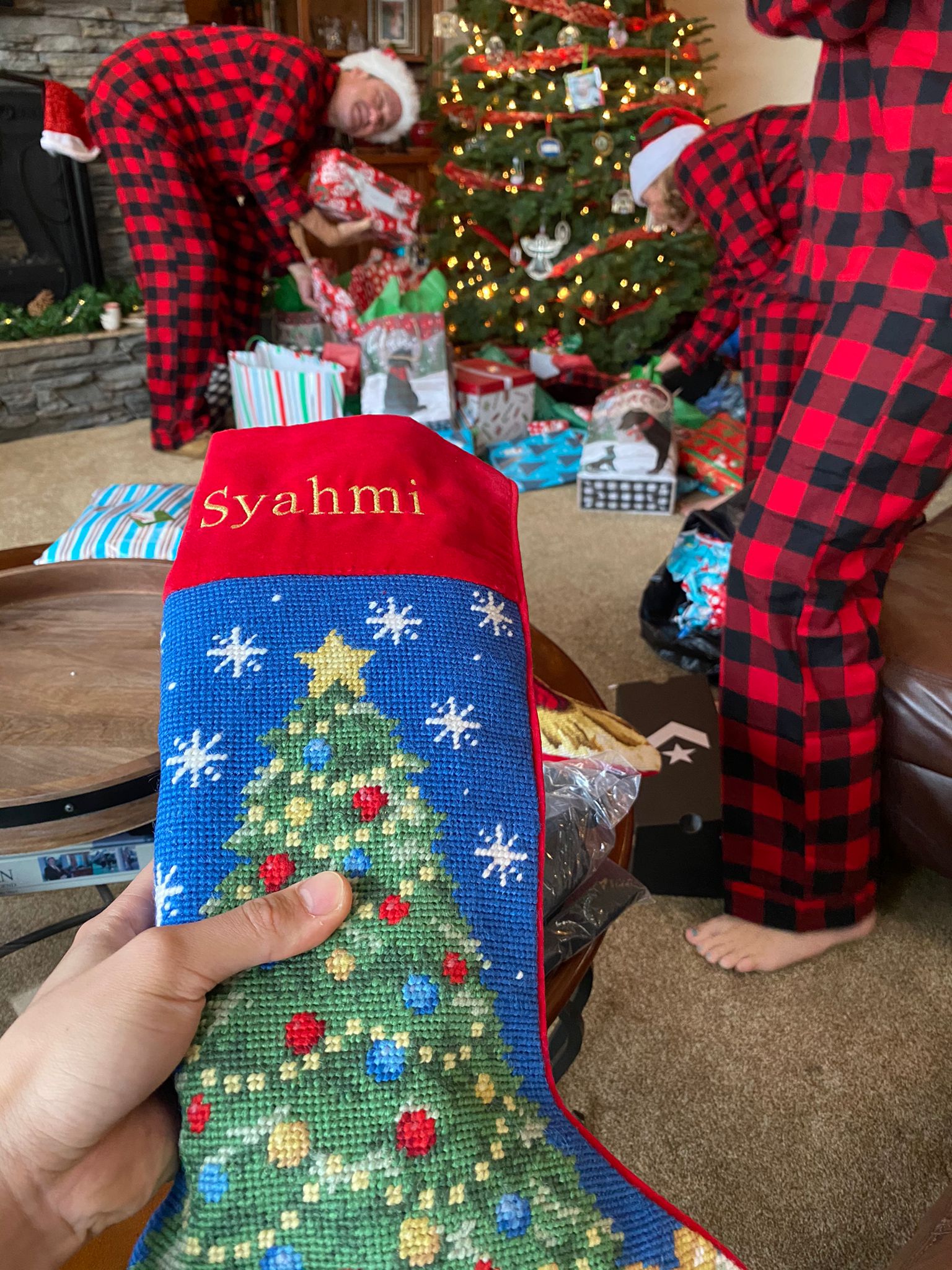
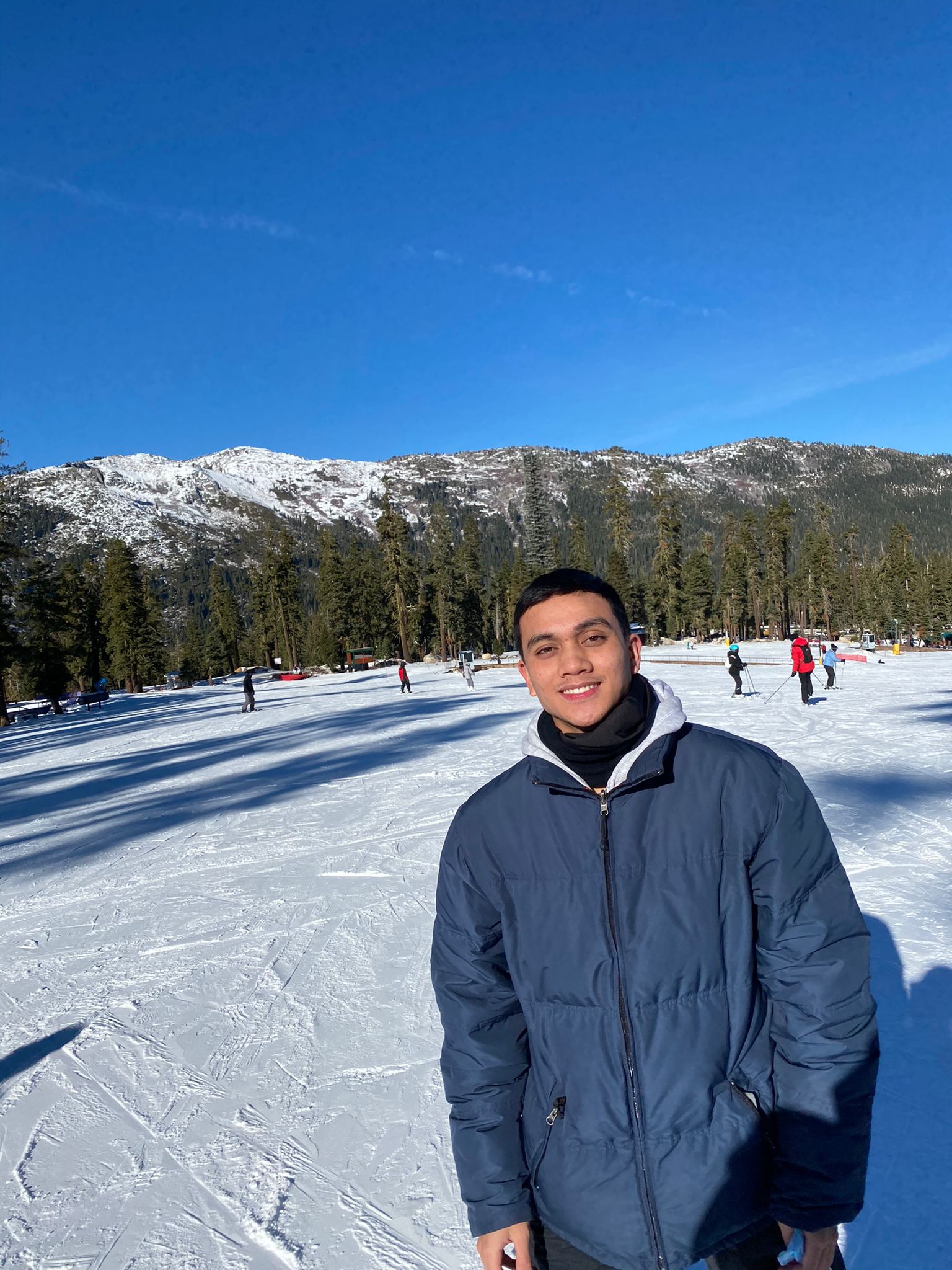
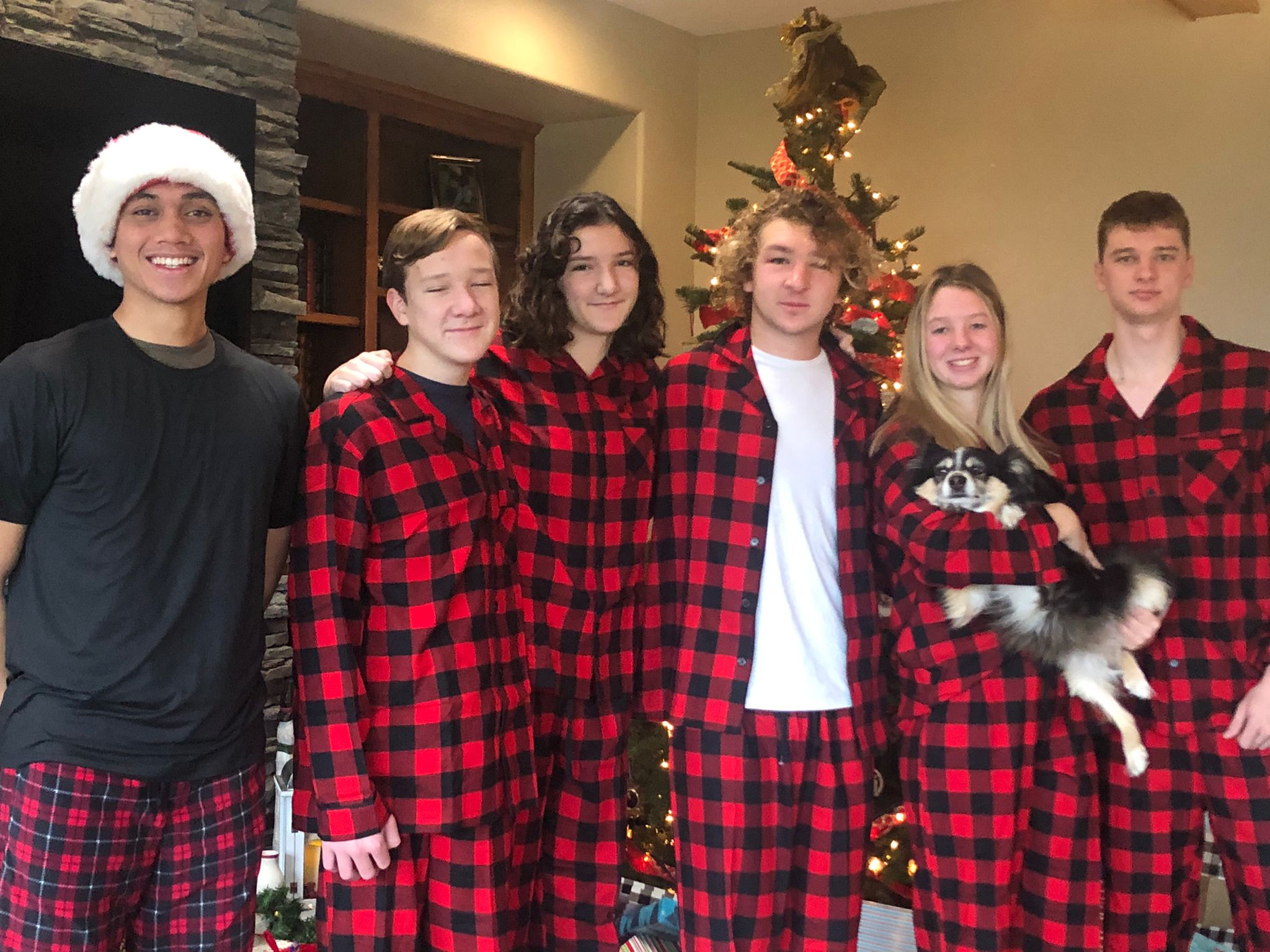
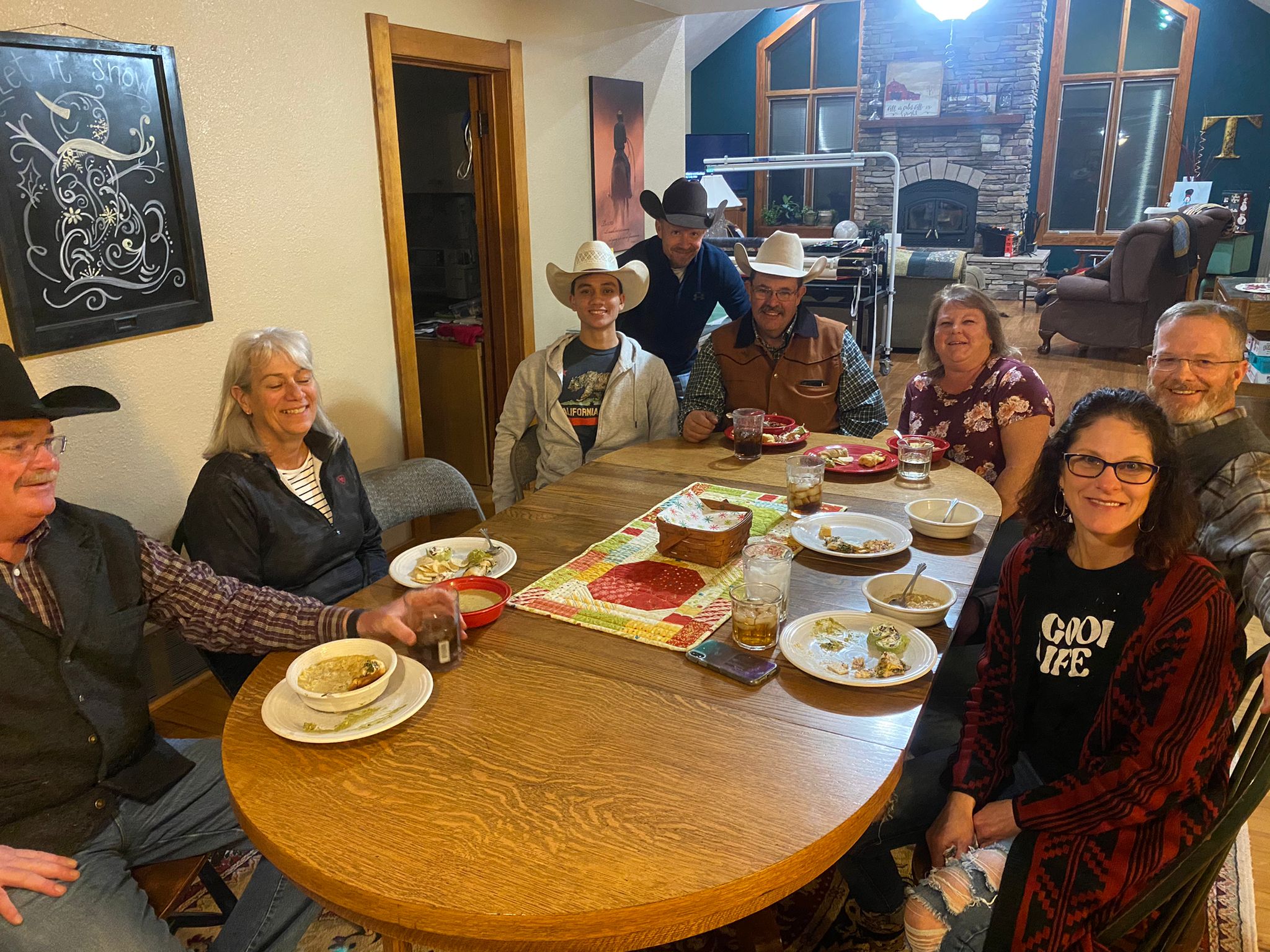
While in Sacramento, California I also visited the National Guard Headquarters. I was welcomed by several three-star generals, and The Attorney District General of California wanted to meet me. He ended up giving me a warm tour of the National Guard Headquarters afterwards. I am glad that I have met many incredible people and made so many connections within the US Army during my holiday.
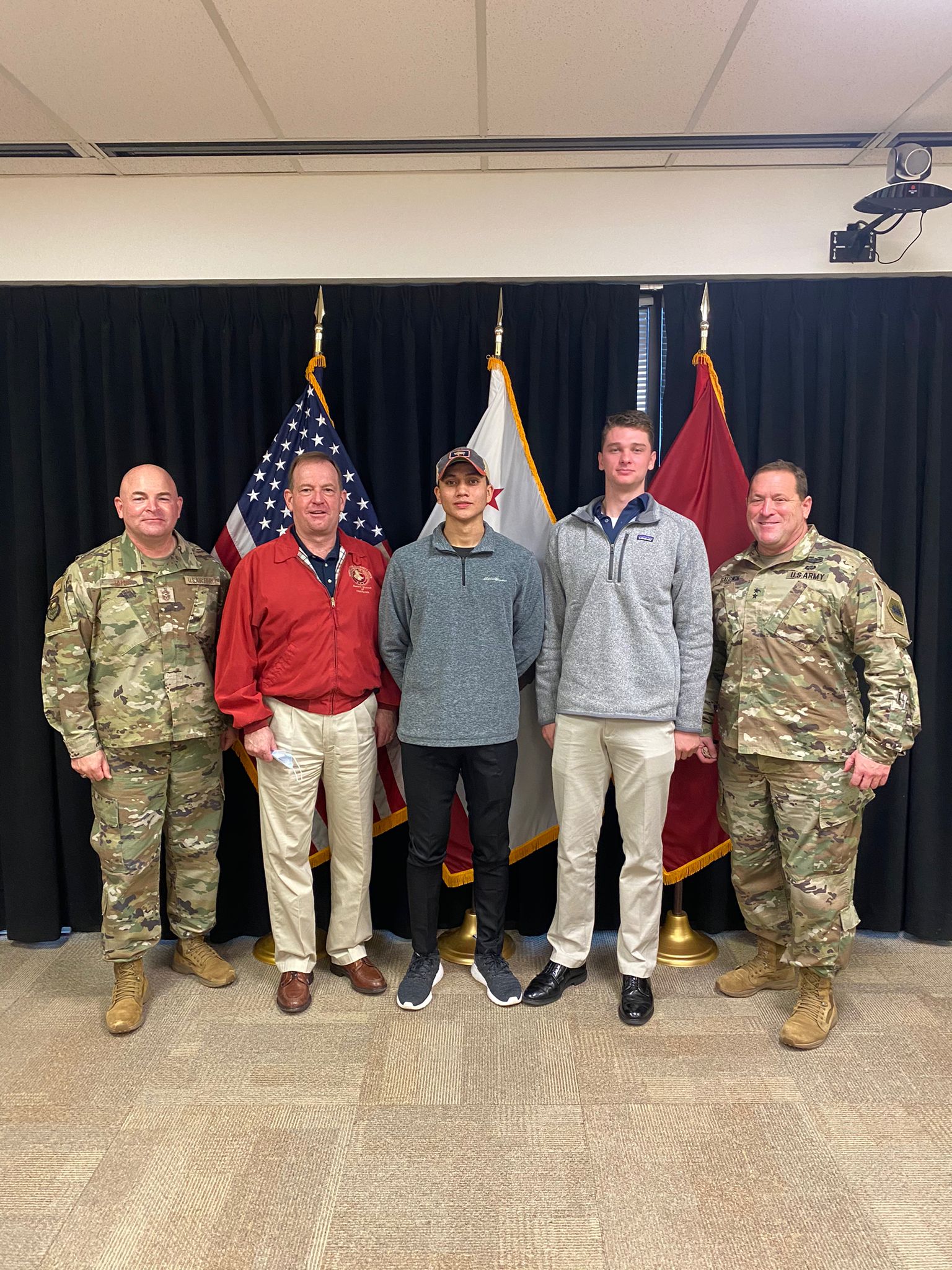
I cannot see myself at any other place except West Point. I have met so many people and made so many friends thus far. From the Battle buddies I went through struggles with During Beast and my first academic year as a plebe year, to the Instructors who have mentored me throughout this year. I could not be more thankful. All these individuals have shaped my experiences and made me realize that despite West Point being tough, my friends and I are tougher together. Not being able to go home because of COVID-19 has opened more new opportunities for me to learn more about American culture. I strongly believe that having to make connections with people within and outside the company, regiment, battalion, and community has made me realize that what is important here is not how well you do in classroom. The most valuable things that West Point can provide is getting to meet and learn from others' experiences, as well seeing and experiencing good and bad leadership. West Point provides so many opportunities for cadets to experience different type of leaders makes us aware of seeing good and bad leadership, and I am taking these lessons to heart so that one day I can be the leader that I desire to be and that is worthy of serving Brunei. Once again, I would like to express my sincerest gratitude to the Scholarship Section, Directorate of Administration and Manpower, Ministry of Defence and the Royal Brunei Armed Forces for giving me this opportunity of a lifetime.
By :

).png)